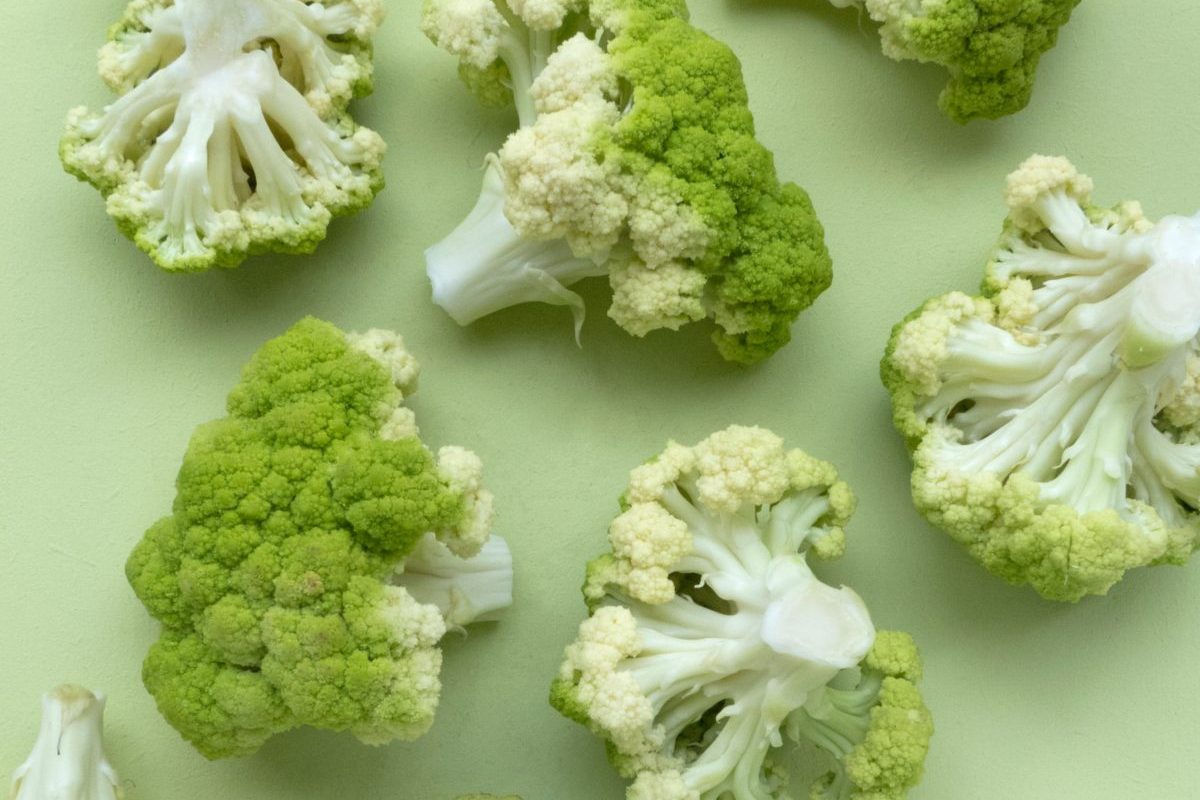The 7 Supplements You May Need If You Are Vegan

Photo by Foodism360 on Unsplash
The vegan diet is one of the most popular dietary lifestyles. When done correctly, the diet has been shown to have numerous health benefits, including healthy blood sugar and cholesterol levels. Veganism is defined as a way of living that excludes animal products – everything from food to clothing. This includes a diet devoid of animal products like dairy (eggs and milk) and meat.
While there are different types of vegan diets (raw-food, whole-food, and more) there are some concerns. A diet based exclusively on plant foods may, in some cases, increase the risk of nutrient deficiencies. There are supplements that you may want to incorporate into your vegan diet.
Be sure to speak with a nutritionist or your doctor before starting a vitamin routine!
Vitamin B12
Vitamin B12 is produced by bacteria that have become scarce in the human body. The best source of this vitamin is through meat, as the intestinal tracts of animals still contain this bacteria, allowing carnivores to reap its benefits. For those like vegans who abstain from animal products, you may need to supplement Vitamin B12 in order to offset common nutrient deficiencies. Recent studies show that a Vitamin B12 deficiency can cause symptoms such as weakness, fatigue, light-headedness, rapid heartbeat, rapid breathing, and easy bruising or bleeding.†
Vitamin D
Vitamin D is commonly known as the sunshine vitamin but up to 70% of Americans are deficient, due to low sunlight for much of the year and insufficient consumption of food sources. Without enough Vitamin D, you may become more prone to conditions like bone and muscle pain, enlarged joints, and easily fractured bones. Vitamin D has been shown to address these issues, as it helps to fill in the nutritional gaps that vegan will not receive through meat and dairy products, including milk, eggs and beef.†
Omega-3
“Fish and other seafood are considered the best source of fats from the omega-3 family, which include the fatty acids EPA and DHA. Most people do not get nearly enough omega-3 fats in their diet, and as a result, miss a significant opportunity to protect their heart, brain and manage inflammation throughout the body,” according to Nicole Crane, BS, NTP of InVite Health. Vegans who avoid animal products all together are at a high risk of a nutrient deficiency in omega-3s. A deficiency can be shown in symptoms including dry skin, brittle nails, attention and concentration issues, low energy levels and joint discomfort.†
Iodine
Studies have shown that vegans have up to 50% lower blood iodine levels than vegetarians. Iodine is an important element needed for the production of thyroid hormones. It is found in foods like cheese, milk, yogurt and eggs. But, for a vegan, an iodine deficiency can lead to enlargement of the thyroid, hypothyroidism and pregnancy-related problems.†
Iron
Iron is needed in the body to create red blood cells and hemoglobin. It is a mineral that is an essential component of proteins and enzymes in our body. High levels of iron can be found in beef and eggs. The prevalence of iron deficiency anemia in the U.S. is 2% in men and 9-12% in women. Symptoms include easy fatigue, loss of energy, rapid heartbeat, shortness of breath and headache.†
Calcium
Calcium is necessary for bone-building, a healthy nervous system, blood clotting and controlling muscles. There is strong evidence that shows that vegans consuming less than 525 mg of calcium tend to have an increase risk of bone fractures. Some fish like salmon and trout contain great sources of calcium and dairy has been shown to be a leading source, as well. A deficiency in calcium can lead to problems like osteoporosis over time.†
Zinc
This mineral is crucial for metabolism, immune function, and repairing the body of cells. High levels of Zinc can be found in beef, lamb, and oysters to name a few. A deficiency in Zinc may lead to hair loss, diarrhea and delayed wound healing.†